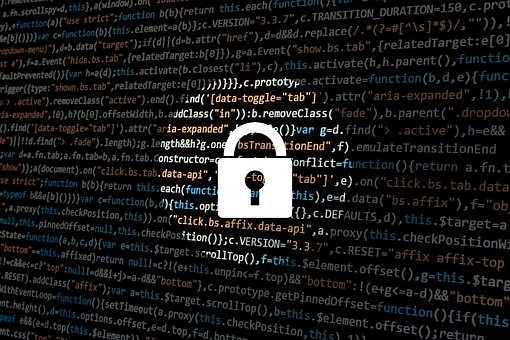In a rapidly more connected world, everyone who relies on the use of a computer becomes susceptible to threats facilitated by viruses, malware, and hackers. In fact, with greater security comes the heightened efforts of hackers to infiltrate networks and access information for their intended purpose.
According to Sitelock, around 18.5 million websites suffer from malware at any particular time each week, while an average website comes under attack 44 times a day. While it is true that it is mostly the responsibility of IT professionals to secure computers in the workplace, each individual is still responsible for his own cybersecurity at home.
Choose an antivirus with good quality
Most average computer users think that a free anti-virus software is enough to protect them from spyware and viruses. Unfortunately, these basic anti-virus software options will not have the capability to ward off sophisticated online threats.
It is recommended that all who use Windows computers should install a professional grade anti-virus software on their computers. The advantage of using a pro-grade anti-virus software is that it updates more often within the day which gives you a timely protection against attacks. It is also capable of detecting a wide range of threats including rootkits. Some pro-grade anti-virus software also has added features such as custom-scans.
Scan your computer daily
There are some instances when the anti-virus system installed on a computer does not provide enough protection. As an extra layer of protection, you should also enable a complete computer scan on a daily basis. Optimisation software from OneClickHere.com is an example of a tool you can use to defragment, isolate, and remove possible data and files that can infect your computer.
Don’t rely on one anti-virus program
Some may feel that it is enough to have an anti-virus protection installed, but this is never the case. It is a misconception that one anti-virus program is enough to detect all kinds of threats that come in from spyware and adware.
Instead of relying on one anti-virus program, consider installing other pro-grade anti-virus software that can detect some forms of threats others cannot. Remember that threats are becoming more sophisticated and it would heighten your security measures if you are protected against all kinds of possible issues.
Deactivate auto-run feature
One of the ways viruses can easily infect a computer is by attaching itself to a drive. In order to mitigate this, you should disable the auto-run feature by following the steps recommended in your Windows computer system.
Be careful with email attachments
Certainly, one of the best ways you can protect your computer against threats is by being a well-informed user. This means that you must be aware of the tactics and tricks that hackers and malware use to infiltrate computer systems. One of the most common techniques is by embedding links in suspicious emails. Tech professionals always advise computer users to be careful with clicking links directly within emails they receive, especially if the email is from a suspicious looking website or service.
